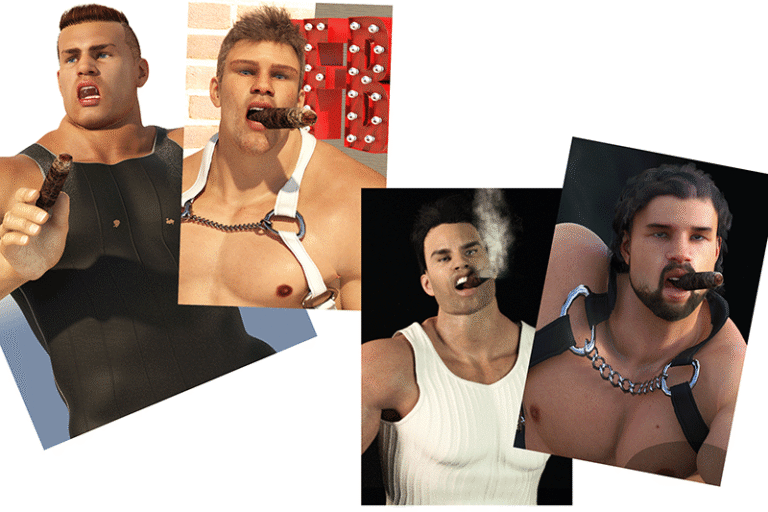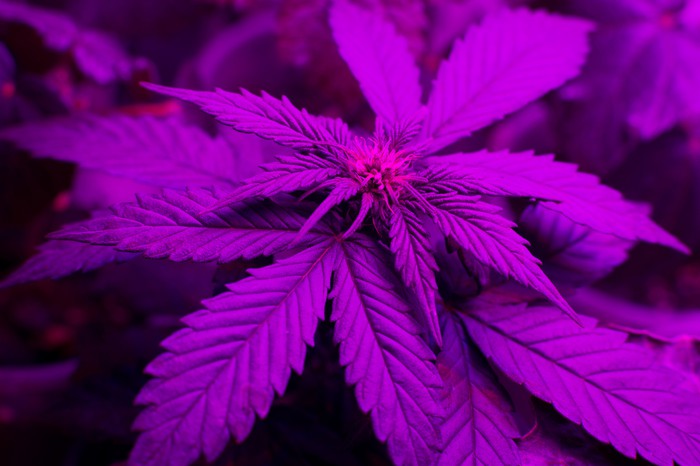American society in 2013 seems to have difficulties separating what is fake from what is real. Just look at the number of those so-called reality shows on television and you will know exactly what I mean. How any one us can hope to stand out from others is deeply affected by this American cultural context.
Since my youth I’ve heard the phrase, “fake it ’til you make it.” To me, the phrase always seemed to be sarcastic and more than just a little shallow. I used to wonder why anyone would want to be fake given the choice to be real. Then I became an adult.
My favorite quote of all time springs from my own lifelong search to tell the difference between fake people and real people. Julius Henry Marx lived from 1890 to 1977 and is best remembered by his nickname, Groucho. He was an American writer and comic with a profound ability to turn deeply intellectual thoughts into everyday language and make people laugh in the process. My favorite quote of all time comes from him: The secret to life is honesty and fair dealing. If you can fake that, you’ve got it made.
The ability to find humor in the struggle to separate what is fake from what is real is crucial to your being successful in shaping your own personal brand so that you stand out in positive ways from others. I firmly believe this.
I recommend that this weekend you should rent a movie called O Lucky Man to explore the humor in how people work so hard to stand out. This film stars Malcom McDowell, a talented actor whose face and voice you will recognize instantly because he has appeared in so many films over the years. McDowell was just 30 when he starred in O Lucky Man as a struggling young man trying to stand out from others and become successful in a professional career. This film is a comedy whose main purpose is to make you laugh so that the filmmakers can sneak in persuasive messages in the story to compel you to think about the differences between fake people and real people.
At this point in my life, I have somehow managed to live and work in Hollywood, Washington, DC, and Las Vegas. Being in these three famous American cities severely confuses anyone who hopes to tell the difference between fake people and real people. If you spend any time in any of these places, you will come to understand this simple truth: Hollywood and Las Vegas encourage make-believe for purposes of show business. Washington, DC encourages make-believe for purposes of political power.
Each of us must arrive at our own answers as to whether we are being dishonest if we ever fake it to stand out from others. There probably are moral considerations here, but I dare not tell you what you should consider to be moral. You must find your own way. You would be wise, however, to keep in mind that what is fake versus real often is in the eye of the beholder like truth and beauty.


